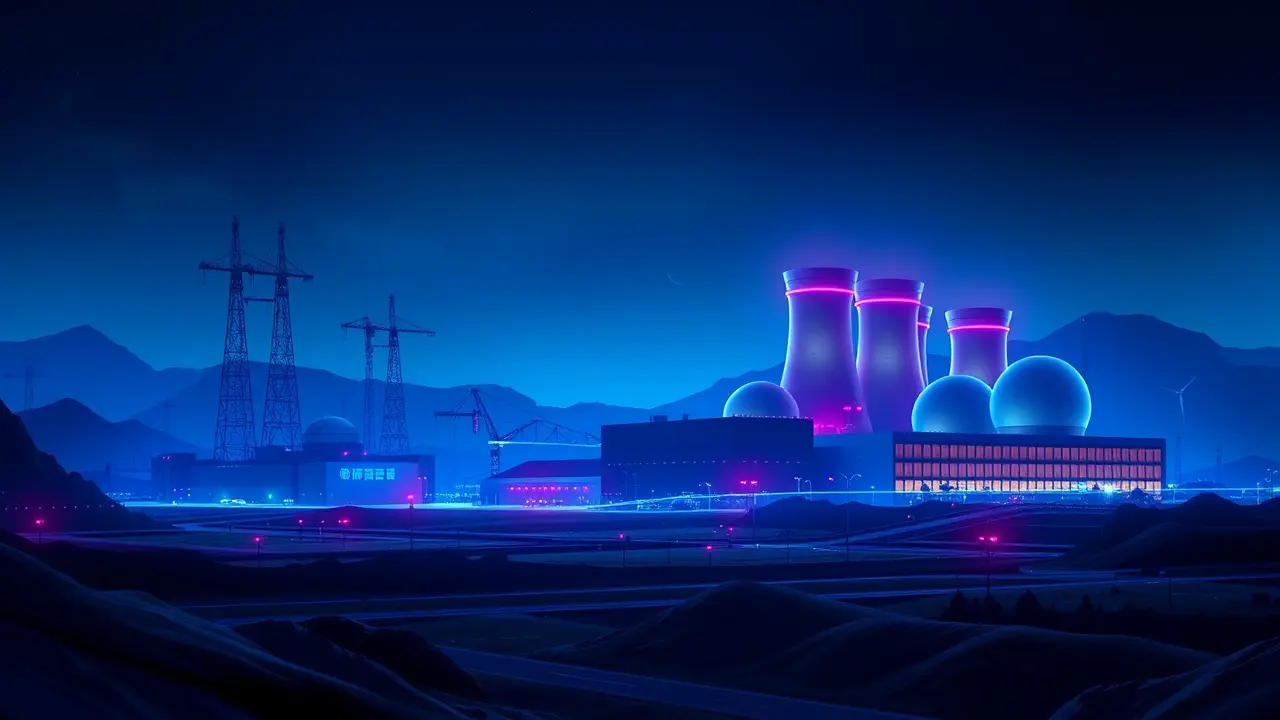
PoliticsdiplomacyBilateral Relations
Iran's President vows to rebuild nuclear facilities with vigor.
RO
Robert Hayes
11 hours ago7 min read
In a declaration that reverberated through the chancelleries of world powers, Iranian President Masoud Pezeshkian announced on Sunday that his nation would embark on a significant reconstruction of its nuclear facilities, a project he vowed to pursue with 'greater vigour. ' This pronouncement, delivered with the solemn gravity of a state address, immediately recalibrates the tense geopolitical calculus surrounding the Middle East, echoing historical precedents where technological ambition becomes inextricably linked with national sovereignty and international suspicion.While President Pezeshkian was careful to reiterate Iran's long-standing doctrinal position—its stated unwillingness to develop a nuclear weapon—the subtext of 'greater vigour' signals a deliberate and accelerated pivot away from the constraints of the moribund 2015 Joint Comprehensive Plan of Action (JCPOA), effectively torching the already fragile bridges of diplomacy. The context for this move is a landscape scarred by the collapse of the nuclear accord, the re-imposition of crippling sanctions by the United States, and a series of provocative incidents from the Strait of Hormuz to the skies over Syria, creating a multi-front shadow war between Tehran and its adversaries.Analysts parsing the statement note that 'rebuilding' implies not merely maintenance but a qualitative and quantitative enhancement of nuclear infrastructure, potentially including the expansion of uranium enrichment capacity at hardened sites like Fordow or Natanz, the development of more advanced centrifuges, and the bolstering of research and development programs. This trajectory invites an almost Churchillian parallel to the pre-war years of the 1930s, where the relentless, methodical buildup of a strategic capability was watched with growing alarm but met with fractured and ineffective response.The international reaction will be a critical bellwether; the United States and the E3—France, Germany, and the United Kingdom—now face a stark choice between pursuing a new, more stringent diplomatic framework that seems increasingly implausible or preparing for a more assertive containment strategy, potentially involving even tougher sanctions and heightened military posturing in the Persian Gulf. Simultaneously, regional actors, particularly Israel and Saudi Arabia, will view this development as an existential threat multiplier, likely accelerating their own security preparations and potentially pushing them closer towards overt or covert counteractions.From a technical standpoint, a revitalized and expanded Iranian nuclear program short of a bomb still presents profound dangers, shrinking the so-called 'breakout time'—the period required to produce enough fissile material for a single weapon—from over a year to potentially mere months, thereby placing the entire region on a hair-trigger alert. The strategic calculus for Tehran appears to be one of leveraging its nuclear program as the ultimate bargaining chip, a source of undeniable power and deterrence in a neighborhood it perceives as hostile and dominated by American hegemony.However, this gambit carries immense risk, potentially galvanizing a unified coalition against it and pushing the Middle East closer to a catastrophic confrontation for which there is no clear diplomatic off-ramp. The world now watches, as it has before at other historical junctures, to see if this vigorous rebuilding is a prelude to a negotiated peace or the foundation for an even more dangerous and unstable future.
#Iran
#nuclear program
#sanctions
#JCPOA
#diplomacy
#featured
#Masoud Pezeshkian
#uranium enrichment
Stay Informed. Act Smarter.
Get weekly highlights, major headlines, and expert insights — then put your knowledge to work in our live prediction markets.
Related News
© 2025 Outpoll Service LTD. All rights reserved.













